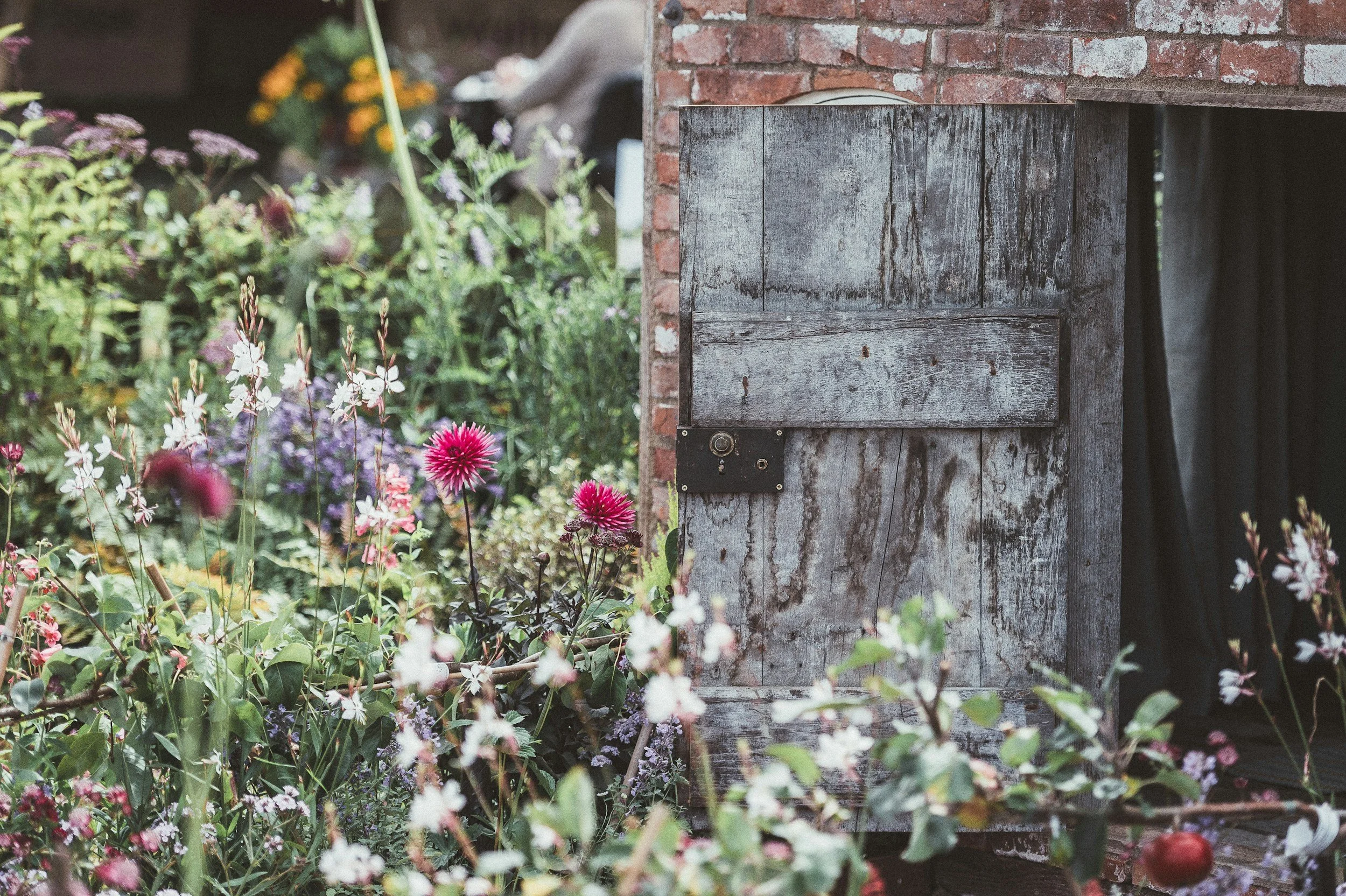The Tale of Mia and the Garden of Thoughts
Once upon a time, in a quiet little town, there lived a woman named Mia. Mia loved tending to her garden. She spent hours planting seeds, watering flowers, and pulling weeds, watching her garden bloom with vibrant colours. She knew that if she worked hard, her garden would grow strong and beautiful. But there was another garden Mia often ignored—a garden inside her mind. This garden was filled with thoughts, and just like her flower beds, it needed care. Mia didn’t realise that her thoughts shaped how she felt, what she did, and who she could become.
One day, Mia woke up feeling heavy and sad. She didn’t want to go outside, talk to her mates, or even water her flowers. "Why do I feel like this?" she wondered. She sat by her window, watching the world go by, and started to listen to the thoughts in her mind. They were like weeds, growing wild and tangled.
The Weeds of Not-So-Good Thinking
Mia noticed thoughts like:
"I’m not good enough. Everyone else is doing better than me."
"What’s the point of trying? Nothing ever works out anyway."
"I stuffed up that project at work. I’m such a failure."
These thoughts made her feel worse. Her chest tightened, her energy drained and she felt stuck. She didn’t want to do anything—not even water her garden, which she usually loved. The more she listened to these weeds, the more they grew, choking the joy out of her day. Mia realised these thoughts weren’t helping her. They made her feel small, like she couldn’t grow or change.
But then, Mia remembered something. Just like her flower garden needed effort to bloom, maybe her mind needed effort too. She thought, "If I can pull weeds and plant flowers outside, maybe I can do the same with my thoughts." So, she decided to give it a go.
The Flowers of Good Thinking
Mia started paying attention to her thoughts, like a gardener inspecting her soil. She noticed that when she changed how she thought, she felt different. She began planting new seeds—positive, helpful thoughts—and watering them with patience and belief. Here are some of the flowers she grew:
Instead of "I’m not good enough," she thought, "I’m doing my best, and that’s enough for now."
This thought made her feel lighter. She didn’t feel perfect, but she felt okay, and that gave her the energy to try again.
Example: Instead of beating herself up, she thought, "Mistakes happen. I’ll learn from this and do better next time." She felt calmer and focused on fixing the error instead of chucking in the towel.
Instead of "What’s the point of trying?" she thought, "I’ll take one small step today, and that’s progress."
This thought gave her a spark of motivation. She didn’t need to do everything at once—just one little thing.
Example: Mia wanted to reconnect with her mate but felt nervous. Instead of avoiding it, she thought, "I’ll just send a short text to say g’day." That small step felt good, and soon they were chatting like old times.
Instead of "I’m a failure," she thought, "I’m growing, and every step teaches me something."
This thought made her feel hopeful. She realised life wasn’t about being perfect—it was about learning and moving forward.
Example: Mia’s garden had some wilted flowers. Instead of thinking, "I ruined everything," she thought, "I’ll find out why they wilted and try a new way to care for them." She felt curious and excited to learn, not defeated...
The Power of Listening to Feelings
Mia noticed something else: her feelings were like signs pointing to her thoughts. When she felt sad or anxious, it was usually because of those weeds—the not-so-good thoughts. But when she felt happy or energised, it was because of the flowers—the helpful thoughts.
For example:
One day, Mia felt angry after a neighbour ignored her. She thought, "They must hate me. I’m so annoying." That thought made her angrier. But then she paused and asked, "Is that true? Or am I just guessing?" She realised she didn’t know why they ignored her—maybe they were just busy. She thought, "I’ll say hello next time and see what happens." Her anger faded, and she felt more open.
Another day, Mia felt excited about a new hobby—painting. She thought, "I’m not great at this, but I love giving it a go. It’s fun!" That thought made her feel joyful, and she spent hours painting, feeling alive and creative.
Mia learnt that her feelings were guides. When she felt deflated, she could look for the weeds and replace them with flowers. When she felt good, she could water those flowers to keep them strong.
A Gentle Thought to Take with You
Mia’s story shows us that our minds are like gardens. We can let weeds grow—thoughts that make us feel stuck, sad, or angry. Or we can plant flowers—thoughts that make us feel hopeful, motivated, and alive. It takes effort, just like exercising to get stronger or practising a hobby to get better. But it’s worth it because our thoughts shape our lives.
So, next time you feel down, listen to your thoughts. Are they weeds or flowers? If they’re weeds, try planting a new thought, even a small one. It might feel hard at first, but with time, your mind-garden will bloom. And just like Mia, you’ll discover that the answers to who you are and who you want to be are already inside you—waiting to grow
The Effort Pays Off
Growing her mind-garden wasn’t easy. Some days, the weeds grew back, and Mia felt discouraged. But she remembered: just like her flower garden needed time, so did her mind. She kept at it, day by day, with patience and belief. Over time, she noticed changes.
She felt happier and more confident.
She had energy to chase her dreams
She handled challenges better
Mia realised her thoughts shaped everything—how she felt, what she did and who she was becoming. By tending to her mind-garden, she made her life brighter and more meaningful. She still loved her flower garden, but now she loved her mind-garden too. After all, it was hers to care for, and only she could unlock its beauty.








